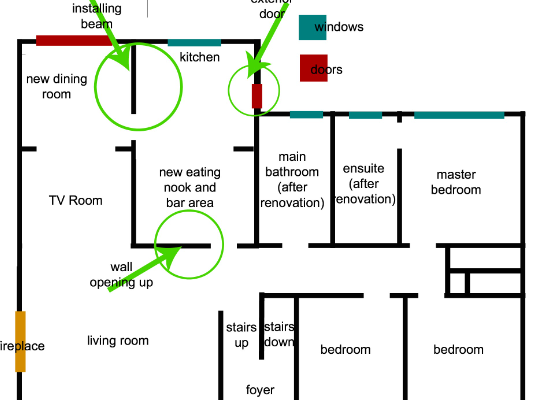All businesses need to have some form of energy contract. If they do not agree with utility providers, their utility bills would be the highest cost incurred. Businesses can get great deals from utility providers by getting help from utility experts such as utility bidder, who work on finding the best deals in the market for every type of business. It is important for businesses to know what type of business energy contracts they are being offered to know which deal is the best for their needs. If you have a microbusiness, a few rules will affect how your business is billed.
Types of Energy contracts
Deemed and Out-of-Contract
This type of contract applies if a new business does not have a fixed contract agreement with a utility supplier. You can even be in an out-of-contract or deemed contract if your current contract has ended and the utility supplier still supplies energy to your business. This usually happens if the original contract does not state what happens when the contract ends or when a contract does not have renewal provisions.
This type of contract is one of the most expensive ones in the market. It is best to look into other contracts as soon as you start your business or end your contract.
Variable Contract
This is a utility contract that has rates charged based on market activity. So, if the rate per unit of energy changes in the market, then the rates paid by your business will also change.
Fixed Contract
In this type of utility contract, you have to pay a fixed rate on your utility bills, which means regardless of the market activity, your rate will not change until the contract ends. This, however, does not mean that your utility bill will be fixed as that solely depends on the amount of energy used by your business.
Rollover Contract
This applies if you have not agreed on a different contract before your current contract ends and when the current contract has no renewal provisions. This contract won’t last more than twelve months if your current business is a microbusiness.
Ways in Which Business Energy Contracts Differ
They are Longer
Business energy contracts last for several years ranging from three to five years. You are tied to the contract unless there is a criterion added in which you can change your utility provider after a set period of time within the contract.
There’s Usually no Cooling-off Period
Households have a fourteen-day cancellation period once they have signed the contract, and if they want to change their minds, then they have to decide to do it within those fourteen days. However, business contracts usually do not offer this.
Conclusion
Energy contracts are a crucial part of every business’s strategy. They allow businesses to get an idea of where their finances will need to be allocated and how much the costs of everything might add up to. For new business owners’ utility contracts can be a big money saver.





